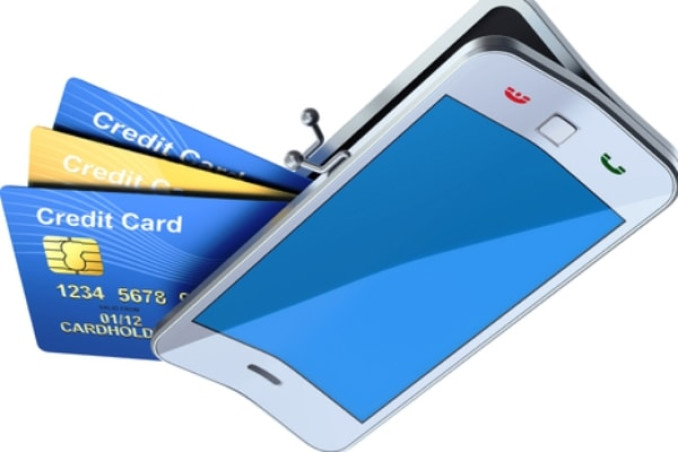Global Mobile Money Market Hits 690M Accounts in 2017

By Emma Okonji
The seventh annual state of the industry report on mobile money that was released recently by GSMA, shows that at the end of 2017, the global use of mobile money increased by 25 per cent to reach 690 million accounts compared to 2016 figures.
In 2017, the industry processed transactions worth a billion dollars a day, generating direct revenues of over $2.4 billion.
The GSMA represents the interests of mobile operators worldwide, uniting nearly 800 operators with almost 300 companies in the broader mobile ecosystem, including handset and device makers, software companies, equipment providers and internet companies.
The 2017 results according to GSMA, were based on the strong growth in customer registrations during last year, which led to the addition of over 136 million new registered accounts.
The data was generated from more than 90 countries and the GSMA report provides a comprehensive picture of mobile money and highlights the impact that greater financial inclusion has on lives, economies, and innovation.
Mobile money is a leading payment platform for the digital economy in many emerging markets, Nigeria inclusive.
The mobile money market in Nigeria has also witnessed some levels of growth, following the introduction of cashless initiative by the Central Bank of Nigeria (CBN). Several bank customers across Nigeria now prefer to transfer and receive money through their mobile phones, using different short codes that are specific to different banks. The new trend has helped to decongest the banking halls as customers now perform most of the financial transactions with their mobile phones and mobile devices from the comfort of their homes and offices that were hitherto performed by bank staff in the banking halls.
Analysing the report, the Director General, GSMA, Mr. Mats Granryd, said some of the trends in mobile money in 2017 included the accelerated growth of bank-to-wallet interoperability, the growing adoption of smartphones, the proliferation of Financial Technology (FinTech) companies, the digitisation of new sectors of the economy, and renewed efforts by companies and governments to reach the most vulnerable and underserved.
GSMA also reports that in 2017, for the first time, the growth of the industry was led by regions other than Africa. South Asia has recorded a yearly growth of 47 per cent and has become the fastest-growing region in terms of registered accounts.
Globally, the percentage of providers who offer mobile money through a smartphone app has increased from 56 per cent in 2015 to 73 per cent as of June 2017. While smartphones are the future of the industry, feature phones and Unstructured Supplementary Service Data (USSD) transactions continue to be the choice for the vast majority of mobile money users. This is likely a reflection of the role the service has played in harnessing those at the base of the economic pyramid, the report said.
2017 saw the beginning of a potentially significant shift for mobile money to serve as a tool for saving money and earning interest. 22 per cent of mobile money providers taking part in our Global Adoption Survey currently offer a mobile money-enabled savings, pensions or investment product. The survey results, however, suggest that this number is set to increase markedly, with an additional 39 per cent of deployments reporting that they are planning to roll out similar products within the next 12 months, Granryd said.
SOURCE:THISDAY
 Africas leading resource for digital financial services
Africas leading resource for digital financial services


comments